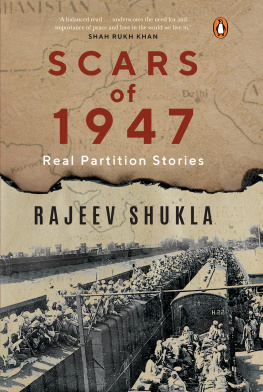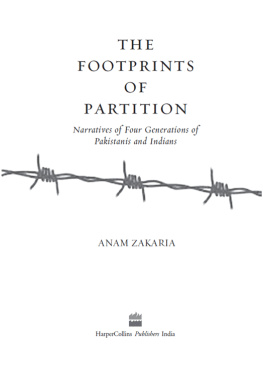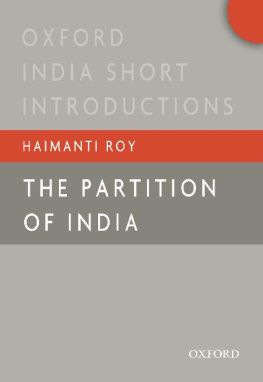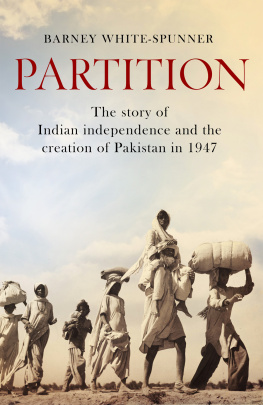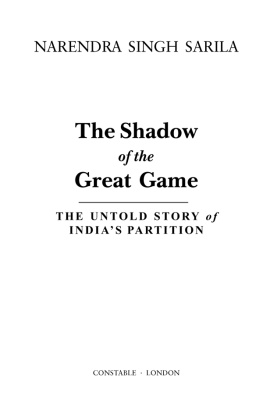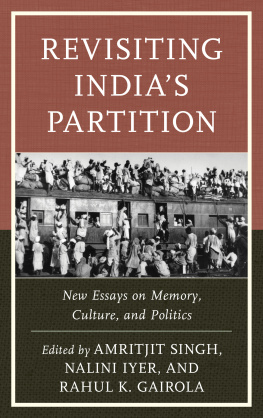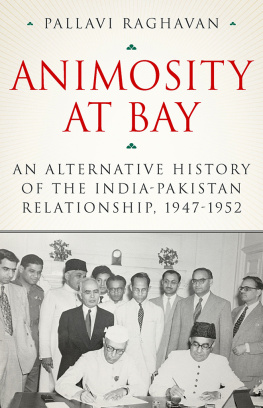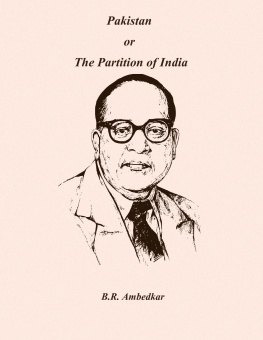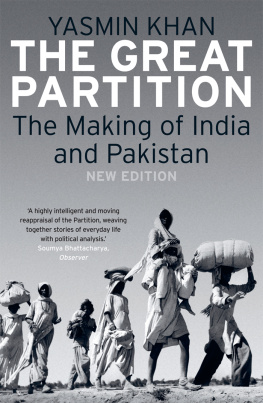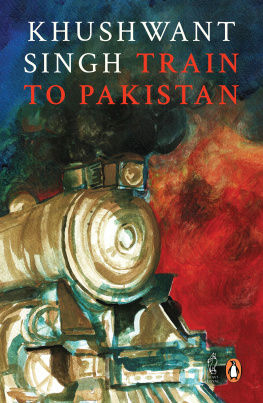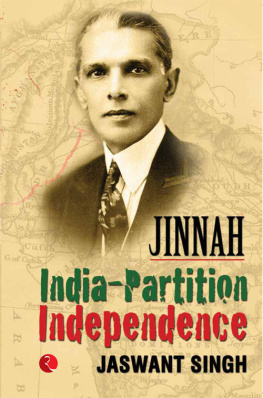A balanced read with stories and facts that highlight an important aspect of our history. The book underscores the need for and importance of peace and love in the world we live in.
It is essential for stories of love and friendship to be told in order to remind the world of its own humanity. Especially at times like the ones we live in, the simplicity of Rajeev Shuklas writing is refreshing.
I found the book to have a great perspective on partition in terms of facts, stories and human resilience. It ushered memories of our cricket journey and the love we received from the people across the borders.
The stories in the book take us through a journey of the tragic times Partition brought upon the people. My visit to Pakistan during the March series and time spent there will always hold a special place in my heart.
Bouncing back from adversity has always been the distinguishing character of humanity, and the book showcases that with the beautifully weaved real-life stories.
Prologue
The tragic Partition of India will never be forgotten by the people of the two countries that came into being after this event. A wound so deep, it has been and always will be passed on in the form of stories from one generation to the nexthow, on the one hand, friends quickly turned foes and, on the other, help came from the most unexpected people. Those who witnessed and lived through those harrowing times proved to be far more than ordinary; their grit and determination to bury the tragic sight of their near and dear ones being killed in front of them and moving on to build a life from scratch are inspiring. As per official records, 1.2 million people were killed; violence erupted from the communal disharmony created by the sudden announcement of the mass relocation of people from one side of the border to the other.
During the creation of India and Pakistan, it is estimated that about 14 million people were uprooted and forced to leave everything behind to move to another country based on their religion. People were separated from their families and friends. The atmosphere was such that people had to leave their homes within a few hours as angry mobs targeted, attacked and killed families of other religions.
The people who were on the wrong side of the border as per the new religious identities of these countries could not fathom how they were supposed to leave their ancestral homes, some that had been built hundreds of years before. The journeys were not planned, there was no systematic mode of transport and for a majority of the people walking was the only means by which to reach their unknown destinations, with a hope to live peacefully. Many had old parents who could not undertake this journey; children did not know whether to accept blessings and leave or stay back and be massacred by bloodthirsty mobs.
The prime objective of their journey was to stay alive; everything else had to be figured out along the way: their mode of transportation, food, safety measures, destinations, livelihoods and how they would care of their families.
The story was the same on either side of a hastily created border by the British. Hundreds of thousands of Hindus, Muslims and Sikhs lost their lives in this mass migration. People from both countries who lived through Partition and its aftermath have only one hope for generations to come: that such an event never take place again anywhere in the world; that people resolve their differences and not live with so much pain.
Authors from both sides of the border have written many books to voice their views on Partition, but few have showcased the real tragedy and pain that Partition caused. Over the course of the last three decades, I have met several people who were witnesses to this historic event and have carried in their hearts the excruciating pain caused by it. To get their first-hand accounts, I visited Pakistan over twenty times. In India, I interacted with people who were left with deep physical and emotional scars from the unfortunate incident.
The southern states of India were not as affected by the horrors as those belonging to Punjab or Bengal. Similarly, some places in Pakistan were also less affected. Partition heavily affected northern and eastern India and the Punjab and Sindh areas of Pakistan.
The stories in the bookof willpower, resilience and overcoming difficultiesare now more important than ever, given the global pandemic and disruption we are living through. In this book, you will find well-known names, but their stories were sadly unknown. Most names in the book are real, except a few that have been changed by their families to respect their privacy.
1
The Religion of Cricket
Taimur Bande
Taimur Bande, a citizen of Pakistan, resides in a cantonment area in Lahore. His paternal uncle was once elected as a member of the National Assembly from Lahore constituency. Taimur is a true nationalist devoted to the progress and development of his motherland. His love for Pakistan is such that any compliment to his country makes him glow with happiness. He is currently a professor of economics at a college situated in Lahore. Cricket is one of his passions and he cannot stand the defeat of the team representing his country. Taimur once visited India to cheer for Pakistan in the semi-final match of the World Cup series in Chandigarh. After the match, he was supposed to travel with me to Delhi, from where we were to fly to Mumbai to witness the glorious final match. Perhaps due to some technical fault in the Indian SIM card that he had been using, I could not get in touch with him after the match. I kept waiting for him at the Chandigarh airport for hours, but when he did not turn up, I decided to travel alone and reached Delhi late at night. Upon reaching, I established contact on the Pakistani SIM he had been carrying that seemed to be working. I asked him where he was, and the reply was quite a surprise to me. Despite the hotel rooms being booked and the flight from Delhi to Mumbai all set to take off on time, Taimur had gone back home to Lahore via the Wagah border from the Mohali stadium in Chandigarh itselfall because Pakistan had been defeated in the semi-finals!

